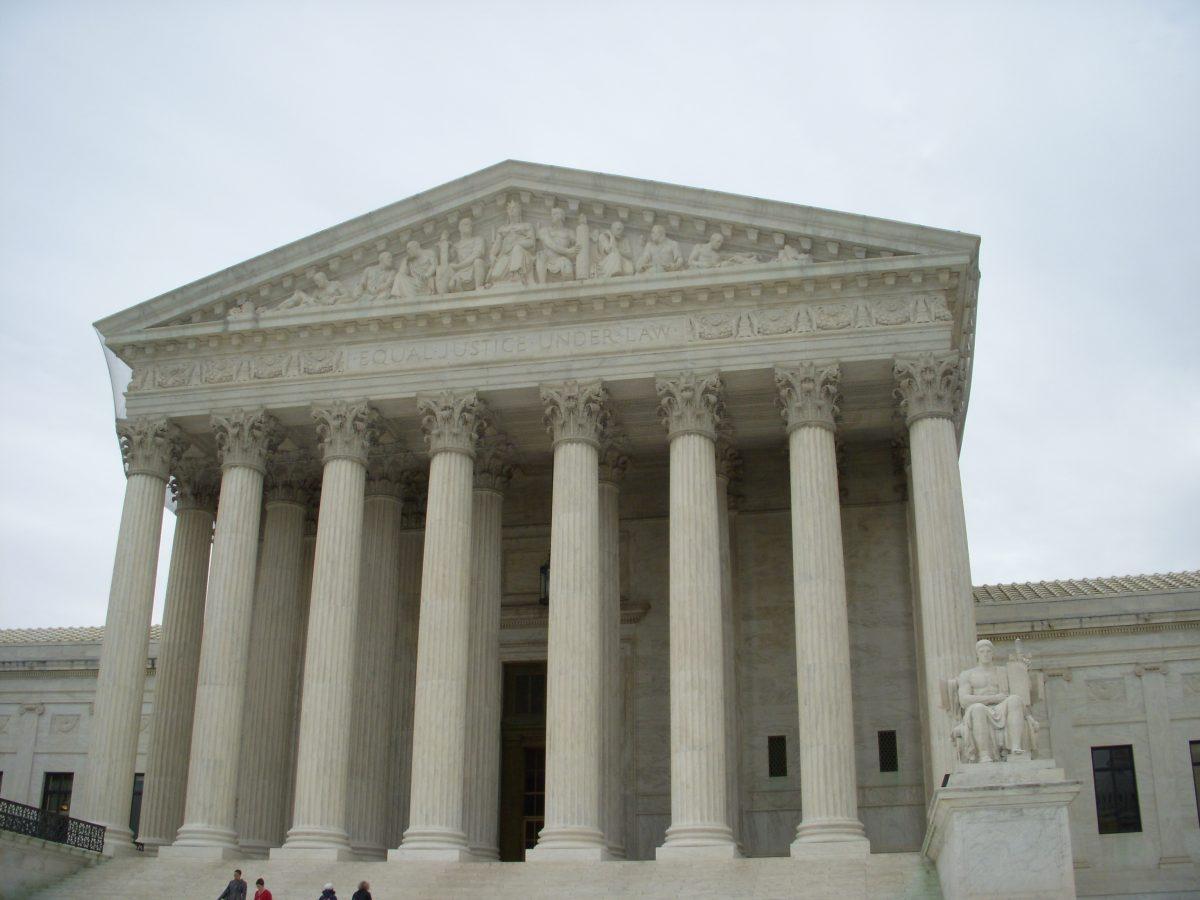With Justice Stephen Breyer set to retire from the U.S. Supreme Court in a handful of months, President Joe Biden must nominate a new justice to take his place. Since Biden has had little time to review possible replacements, we do not know the identity of the nominee yet, nor do we know their qualifications for the position. We know only two things about Breyer’s replacement, and that is their — or her, to be exact — race and gender. Biden declared during Breyer’s retirement announcement on Jan. 27 that his nominee would be a Black woman, saying, “It’s long overdue in my view.” This is in keeping with a promise he made during the 2020 South Carolina Democratic debate to nominate a Black woman to the court, allegedly at the encouragement of Rep. Jim Clyburn (D-SC), whose endorsement of Biden was credited with helping salvage his presidential campaign. Although Biden’s promise may have been a shrewd political maneuver, it was wrong for several reasons.
Firstly, and most importantly, of course, is that the position ought to go to the most qualified person, regardless of their race or gender. If the most qualified person is a Black woman, then of course that Black woman should be picked, and it is possible that the most qualified person is, in fact, a Black woman. However, when virtually all candidates for the nomination have been categorically excluded before they could even be considered, as is the case here, there is no guarantee the person who is ultimately selected will be the most qualified. This does a disservice, both to all judges who are not considered simply on account of not being Black women, and to the American people, for the Supreme Court is an institution that belongs to the American people, and not the president nor the justices who serve on it.
Another problem is it enables critics of Biden’s nominee to state that she was chosen on the basis of her race and gender, and that she would not have been chosen had she been of any other race or gender. Admittedly, many non-white female nominees, such as Sonia Sotomayor, have been subject to speculation that they were chosen on the basis of their race or gender. This time, there will be no room for speculation — Biden has explicitly said he will choose his nominee on race and gender, and anyone who asserts that the nominee was chosen because she was a Black woman can simply point to Biden’s statements.
Finally, according to a recent poll by Ipsos, 76% of Americans, including 54% of Democrats, believe Biden should “consider all possible nominees,” regardless of their race or sex. Although the president should not govern the country solely by looking at polls, he should at least take their findings into consideration. When such a resounding majority of the public opposes an action taken by the president, he should sit down and take the time to consider why his action is so unpopular. If he did, he would find that most Americans do not agree with his view that when filling the soon-to-be-vacancy on the Supreme Court, he should exclude the vast majority of prospective nominees from consideration. Even in 2022, the idea that a job should be open to candidates regardless of their race and gender is not an outdated one.
Alex Kourchev is an economics sophomore and opinion writer for The Battalion.
Opinion: Biden should consider all possible SCOTUS nominees
February 2, 2022
Photo by Creative Commons
A revised version of President Donald Trump’s travel ban was allowed to take full effect after a U.S. Supreme Court decision on Dec. 4. Included in the current ban are travellers from North Korea, Venezuela, Syria, Libya, Iran, Yemen, Chad and Somalia, though specific travel restrictions vary for each country on the list.
0
Donate to The Battalion
$1815
$5000
Contributed
Our Goal
Your donation will support the student journalists of Texas A&M University - College Station. Your contribution will allow us to purchase equipment and cover our annual website hosting costs, in addition to paying freelance staffers for their work, travel costs for coverage and more!










